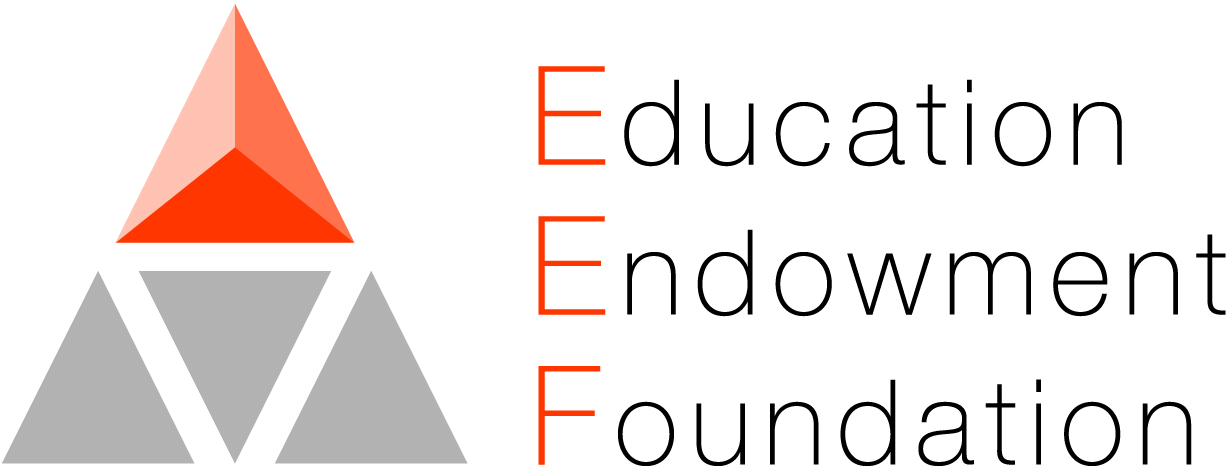One of the challenges in generating evidence is the knowledge that even if a programme may or may not initially show promising findings, subsequent results may show a very different picture.
Sometimes initial promise might fade out and results reduce in subsequent years, while in other cases the impacts of a programme might not be felt until later into the implementation of the approach. One of the things we have committed to at the EEF is following results over time – either through addenda reports or longitudinal follow ups – to track whether results have changed since the programme was implemented. One interesting recent case study is the evaluation of EasyPeasy.
In 2019, the EEF published the evaluation report for EasyPeasy – a programme for parents/carers that provides support for children’s development, aged 0 – 5. The intervention is designed to encourage play-based learning at home, with the aim of developing children’s language development and self-regulation.

